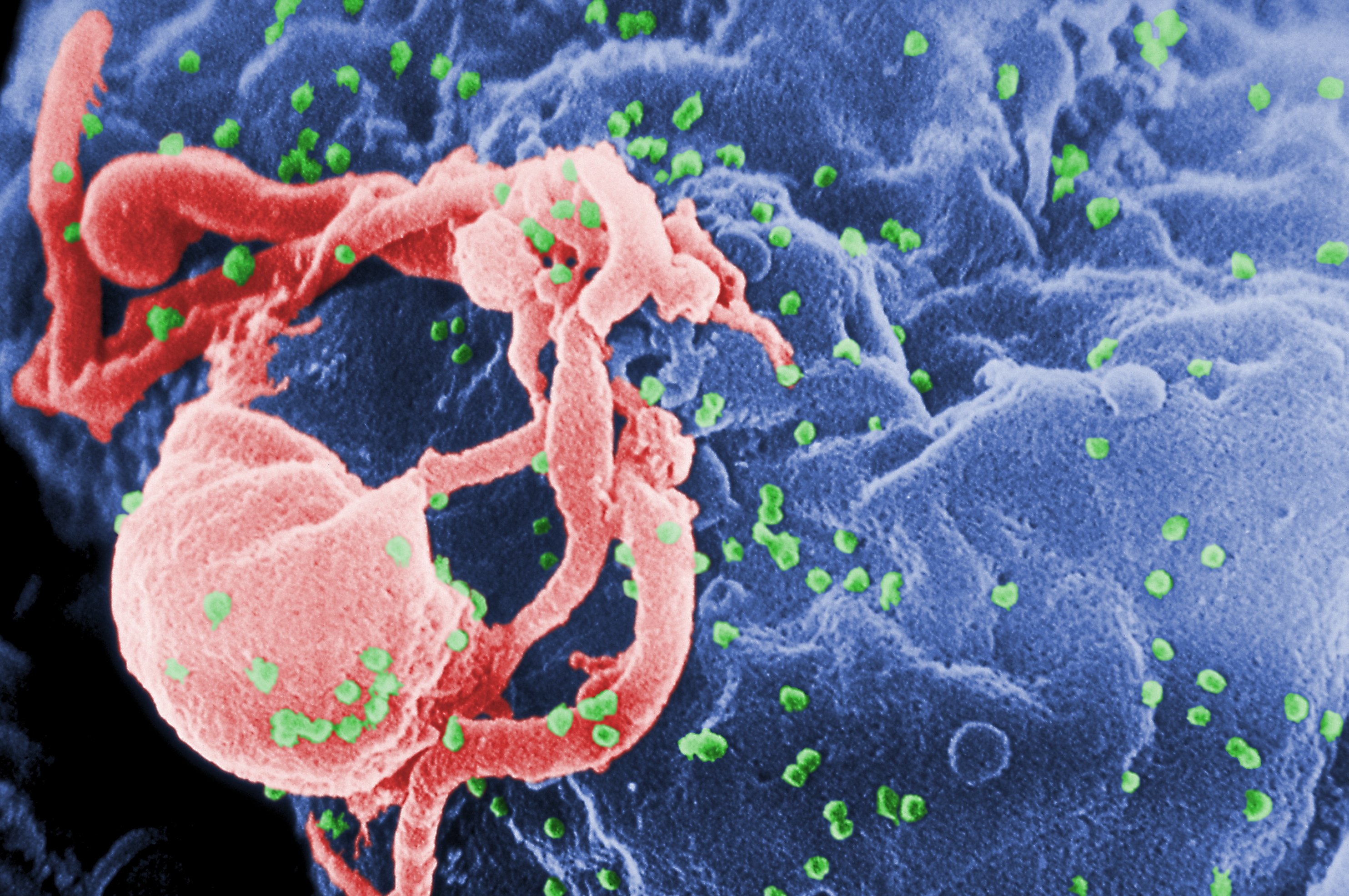
An immediate treatment after HIV infection may be enough to “functionally cure” about a 10th of those diagnosed early, say researchers in France.
The researchers have been analyzing 14 people who stopped therapy, but have since shown no signs of the virus resurging.
It follows reports of a baby girl being effectively cured after very early treatment in the US.
However, most people infected with HIV do not find out until the virus has fully infiltrated the body.
The group of patients, known as the Visconti cohort, all started treatment within 10 weeks of being infected.
They stuck to a course of antiretroviral drugs for three years, on average, but then stopped.
The drugs keep the virus only in check, they cannot eradicate it from its hiding places inside the immune system.
Normally, when the drugs stop, the virus bounces back.
This has not happened in the Visconti patients. Some have been able to control HIV levels for a decade.

Dr. Asier Saez-Cirion, from the Institute Pasteur in Paris, said: “Most individuals who follow the same treatment will not control the infection, but there are a few of them who will.”He said 5-15% of patients may be functionally cured, meaning they no longer needed drugs, by attacking the virus soon after infection.
“They still have HIV, it is not eradication of HIV, it is a kind of remission of the infection.”
Their latest study, in the journal PLoS Pathogens, analyzed what happened to the immune system of the patients.
Early treatment may limit the number of unassailable HIV hideouts that are formed. However, the researchers said it was “unclear” why only some patients were functionally cured.
However, he cautioned that many patients would be diagnosed much later than in this study.